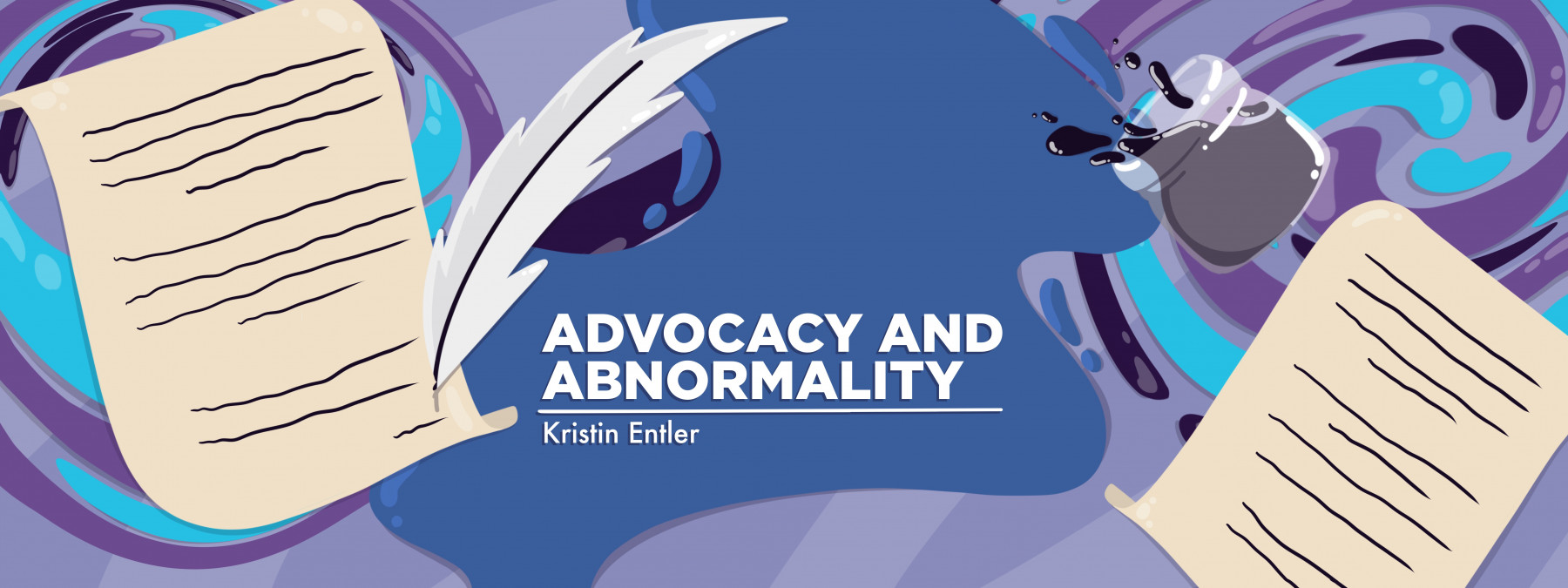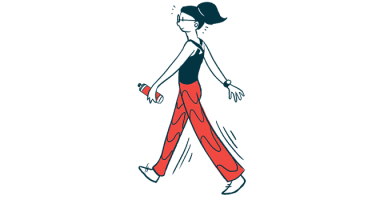It’s Hard to Get Into the Spirit of the Holidays

This week, the university I both attend and teach at returns from Thanksgiving break, and I’m coming to terms with the realization that I’m afraid of the coming holiday season. This isn’t a new phenomenon; I’ve had a lot of bad luck in my life at the holidays.
When I was 10, on the night before one Christmas Eve, I had a bronchoscopy that was supposed to be an outpatient procedure, but almost turned into an overnight stay after my lungs became aggravated by the saline lavage. I wasn’t mentally prepared to have to stay the night in the hospital so close to Christmas and I remember jokingly bargaining with the attending physician — who hadn’t been able to go shopping yet for his daughter — about trading my pair of purple furry boots to be allowed to go home. It had been my first major procedure in living memory and my priority, one that I think most kids would agree with, was to be in my bed on the night before Christmas.
Eventually, the adults in the room agreed that home oxygen and vigilant monitoring from “Nurse Mom” would be a sufficient compromise and I got to go home for Christmas. And, to my delight, I got to keep my favorite pair of boots.
Nevertheless, my body has a track record for failing around the holidays. I’ve been hospitalized on Halloween, Valentine’s Day, and Easter, just to name a few. It hasn’t been all bad; holidays inpatient at Children’s Hospital always came with a gift bag of goodies, and on Valentine’s Day, I got a bag full gifts that the nurses on the floor had curated and collected. I still wear the socks I got from that stay.
I relish the time off from work and school to be able to spend more time with my family and friends. Being in academia, the winter break is a much-needed time to refresh my brain from the previous semester and help me start the new year fresh.
Holiday cheer, holiday fear
But the threat of serious, or severe and life-threatening illness — a cold can even be dangerous for me — makes the season fraught with anxiety, and that worry is compounded by all the normal stressors — wrapping up the semester, managing time with family and friends, holiday shopping and crowds, and everything else that makes this time of year so hectic. I’ve often had to miss holiday gatherings where someone might have a cold or flu that could end up with me being hospitalized.
On top of all this, the COVID-19 pandemic continues, with the first case of the omicron variant reported in the U.S. this week.
As I’ve mentioned before, trikafta (elexacaftor/tezacaftor/ivacaftor) has turned my health around. Having a port also lets me manage my healthcare at home with fewer hospitalizations and disruptions to my daily life.
I want to believe this collective pandemic experience has taught us all the importance of safety such as I’ve practiced since I was a small child — washing my hands thoroughly, steering clear of people who are coughing, having a large “personal bubble,” and respecting people’s personal space.
But perhaps that is another reason I’m so fearful. I hear people coughing in the hallways, and see students and instructors failing to wear masks in buildings on campus even though there is an institution-wide mandate requiring them. I would hope that the holidays would make people behave a little more thoughtfully, but I know I can’t count on this. So instead of focusing on what I might hope to see happen, I’ll do my best to protect myself. I’ll guard my space and wear the most protective mask I can find, and I’ll hope doing these things are enough to protect me. I know the people who are closest to me are doing these things too to make sure I’ll still be around for next year’s celebrations.
***
Note: Cystic Fibrosis News Today is strictly a news and information website about the disease. It does not provide medical advice, diagnosis, or treatment. This content is not intended to be a substitute for professional medical advice, diagnosis, or treatment. Always seek the advice of your physician or other qualified health provider with any questions you may have regarding a medical condition. Never disregard professional medical advice or delay in seeking it because of something you have read on this website. The opinions expressed in this column are not those of Cystic Fibrosis News Today, or its parent company, BioNews, and are intended to spark discussion about issues pertaining to cystic fibrosis.









Comments